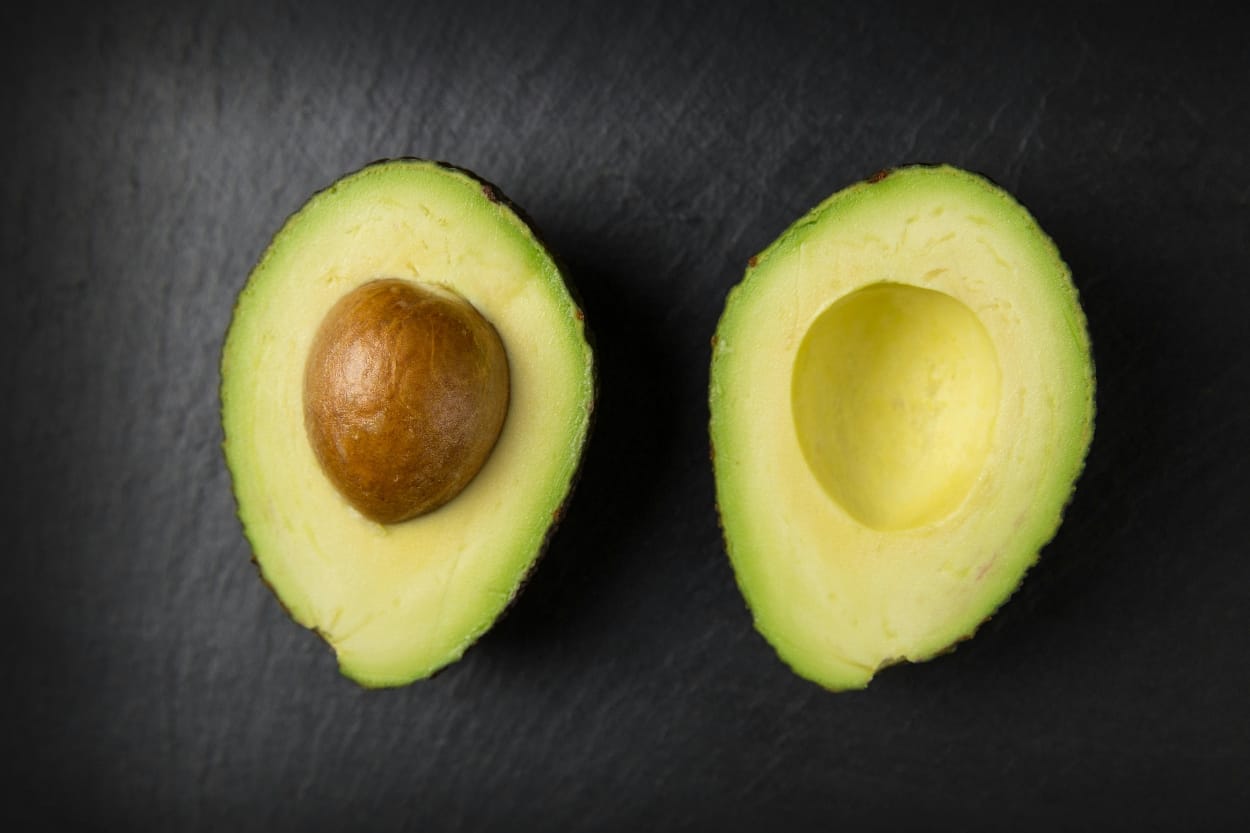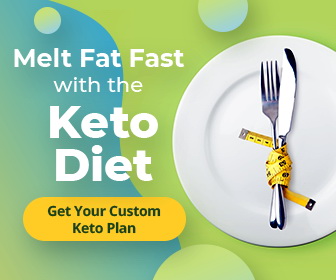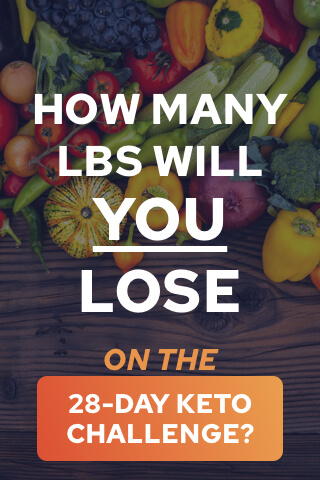
Keto World
Understanding Keto: What You Should Know Before Starting
As the new year rolls around, we’re often flooded with suggestions for self-improvement, from gym memberships to the latest diet trends promising a "new you." One eating plan that has captured attention in recent years for its quick results is the ketogenic diet. Known for its low-carb, high-fat structure, keto has been a growing trend over the past decade, with some people reporting notable results. In fact, according to the 2022 IFIC Food and Health Survey, about 7% of respondents had tried the ketogenic diet in the previous year.
While keto is a hot topic, many people still have only a vague understanding of what it entails. This article provides an overview of the ketogenic diet, breaking down its principles, potential benefits, and important things to keep in mind before diving in.

What Is the Ketogenic Diet?
Despite its recent rise to fame, the ketogenic diet has been around for over a century. It was initially introduced in the 1920s as a medical intervention for epilepsy patients. Studies found that limiting carbohydrates and boosting fat intake could reduce seizure frequency. Today, though it’s still used as a therapeutic tool in some medical settings, it’s better known for its weight-loss appeal and other health claims.
The keto diet centers on dramatically cutting carbohydrate intake while increasing fat and maintaining moderate protein levels. A standard ketogenic meal plan includes foods such as fatty fish, meats, cheese, eggs, oils, nuts, and seeds, while restricting carbs typically found in bread, pasta, grains, fruits, and many vegetables.
The main goal of this diet is to shift the body’s metabolism from relying on glucose (from carbohydrates) to utilizing fat as its primary energy source. This metabolic state is known as ketosis, where the liver produces molecules called ketones, which fuel the body when glucose is scarce. On a typical keto plan, daily macronutrient intake consists of around 5% carbohydrates, 20% protein, and 75% fat.
Ketosis: How It Works
Normally, our bodies break down carbohydrates into glucose, which powers everything from muscle movement to brain function. However, when carb intake is slashed, glucose supplies dwindle, forcing the body to tap into stored fats. These fats are then converted into ketones, an alternative fuel source that can sustain the body during carbohydrate scarcity.
This shift in energy production is the hallmark of the ketogenic diet, but it doesn’t happen overnight. It can take several days of low-carb eating to enter ketosis, depending on factors like activity levels, metabolism, and individual carbohydrate tolerance. During this transition period, some people experience flu-like symptoms—often called the “keto flu”—such as fatigue, headaches, nausea, and brain fog. Though unpleasant, these symptoms are temporary as the body adjusts to its new energy source.
The Role of Fat and Protein
In a ketogenic diet, fat becomes the primary macronutrient. While many popular diets caution against high-fat intake, especially from saturated fats, keto flips that idea on its head. Most of your calories will come from fats, though not all fat sources are equally beneficial. While butter, cream, and fatty cuts of meat are often staples of keto meals, healthier fat sources like olive oil, avocados, nuts, and fatty fish (such as salmon) are recommended to promote heart health.
Protein plays a more balanced role in keto. Too little protein can result in muscle loss, while too much protein can disrupt ketosis by triggering the production of glucose through gluconeogenesis, a process in which the body converts protein into sugar.
Energy Without Carbs
Many people wonder how their bodies can function effectively without carbohydrates. The truth is, the body has several mechanisms to generate energy. Besides using fat for fuel, the body can also produce glucose from non-carbohydrate sources, like protein, through gluconeogenesis. Additionally, your body stores glycogen in the liver and muscles, which can be broken down into glucose when needed. However, on keto, this stored glycogen is eventually depleted, making fat and ketones the primary energy sources.
What to Expect: The Pros and Cons of Keto
Weight Loss Potential: One of the biggest draws of keto is its reputation for delivering fast weight loss. Many people see rapid results in the first few weeks, largely due to water loss as the body uses up glycogen stores. However, sustainable fat loss also occurs due to ketosis, reduced calorie intake, and appetite suppression. People following keto often report feeling fuller longer, which can naturally reduce calorie consumption. Yet, weight regain is common when transitioning off keto, especially if old eating habits return.
Metabolic Health: There’s promising research suggesting that keto can improve insulin sensitivity and lower blood sugar levels in people with type 2 diabetes, especially in the short term. However, these benefits may taper off after a year. In some cases, non-ketogenic low-carb diets that emphasize healthy fats can provide similar improvements in blood sugar control without requiring the same level of restriction.
Cholesterol and Heart Health: While some research highlights the benefits of keto for weight loss and blood sugar control, the diet’s long-term impact on cholesterol levels is still debated. Many people see a rise in LDL cholesterol (“bad” cholesterol) on keto, which could pose risks for heart health. However, some evidence also suggests an increase in HDL cholesterol (the “good” kind), which helps protect the heart. Individuals with a history of high cholesterol should approach the keto diet cautiously.
Adherence Challenges: Can You Stick to Keto?
While keto can kick-start weight loss, staying on the diet for the long haul is difficult for many people. Its restrictive nature can make social dining, travel, and celebrations tricky. Studies show that adherence to keto tends to decline over time, and maintaining weight loss requires ongoing commitment to the diet.
Another challenge is that keto cuts out entire food groups, including many nutrient-dense foods like whole grains, fruits, and starchy vegetables, all of which are essential to most balanced diets. This can lead to nutrient deficiencies, particularly in fiber, which supports digestion and heart health.
Nutritional Gaps and Health Considerations
Because of its extreme restrictions on carbohydrates, keto inherently limits intake of essential nutrients found in carbohydrate-rich foods. For example, fiber, vitamins, and antioxidants present in fruits, vegetables, and whole grains are often lacking in a ketogenic diet. As a result, those following a long-term keto plan need to be mindful of their micronutrient intake and consider supplements for essential vitamins and minerals such as potassium, magnesium, and B vitamins.
Moreover, keto can alter your relationship with food. Simplifying meals to just protein and fats might be effective for weight loss, but it can create a transactional view of food where the joy and social elements of eating are lost. It's also important to be cautious if you have a history of disordered eating, as the restrictive nature of keto can trigger unhealthy behaviors around food.
The Verdict: Is Keto Right for You?
The ketogenic diet can be an effective way for some people to lose weight, manage blood sugar, or even address specific medical conditions like epilepsy. However, it’s not a one-size-fits-all solution, and it doesn’t align with the general dietary recommendations provided by health organizations like the Dietary Guidelines for Americans, which emphasize balanced macronutrient intake, including carbohydrates.
Before beginning keto, it's crucial to weigh the pros and cons. For those considering keto as a lifestyle choice, consulting with a healthcare professional or a dietitian can help ensure you meet your nutritional needs and avoid potential health risks. With ongoing research into keto’s long-term effects, we’ll likely learn even more about its benefits and drawbacks in the future.
In the end, keto can be a useful tool for some, but like any diet, it requires careful planning and consideration to maintain both physical and emotional health.
Subscribe now.
Join our email list for early access to delicious Keto recipes delivered to your inbox. Plus, receive 3 FREE Ebooks with numerous easy-to-follow Keto recipes as a bonus. Sign up now!



